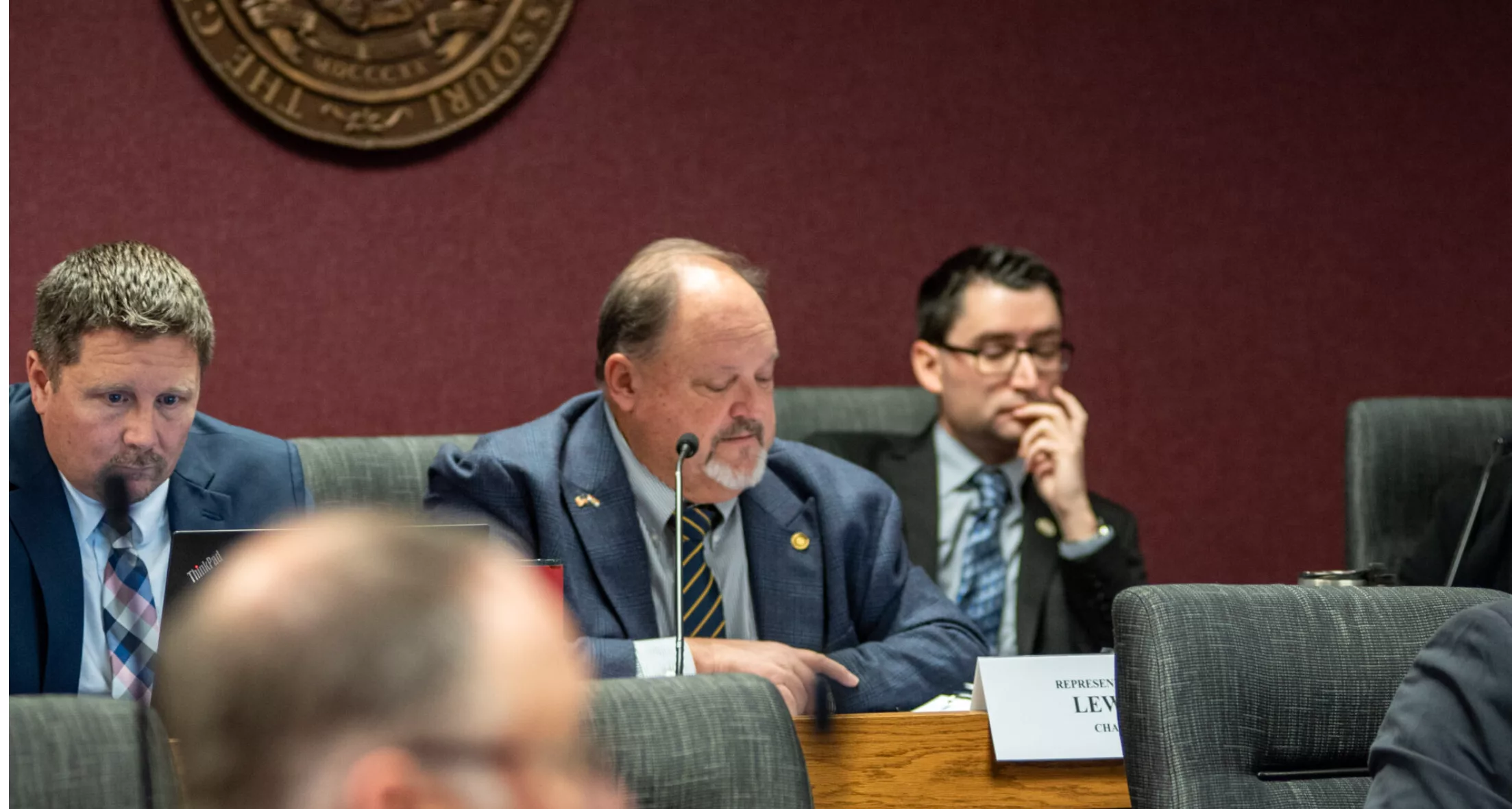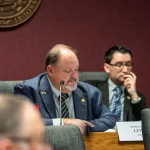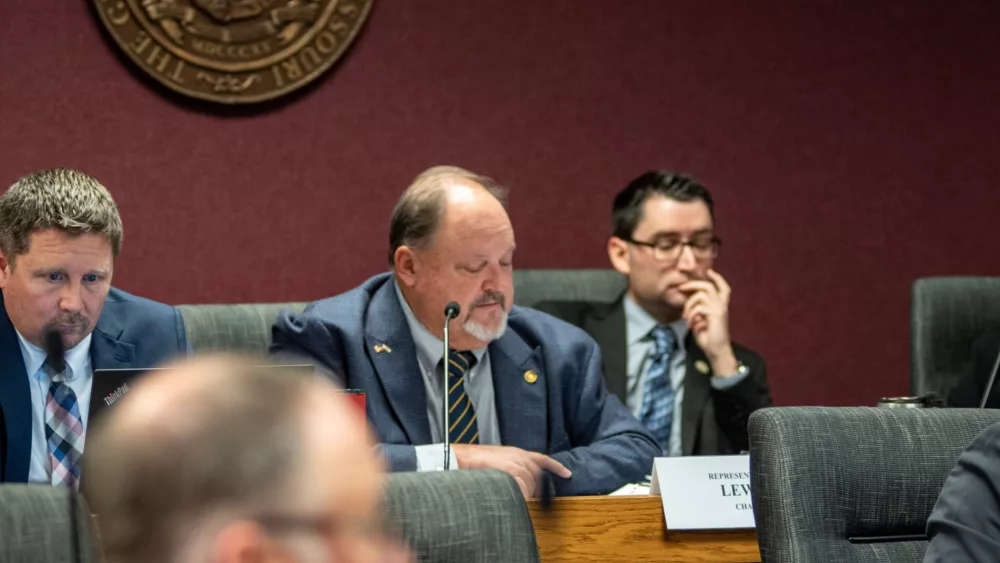
State representatives argue their bills would give school districts say in crafting a cell-phone policy that may be required or recommended by the state
BY: ANNELISE HANSHAW
Missouri Independent
Missouri lawmakers are hoping to reduce cell-phone usage in schools with bipartisan legislation that would require school districts make a policy restricting mobile devices during instructional time.
State Reps. Kathy Steinhoff, a Columbia Democrat, and Jamie Gragg, a Republican from Ozark, presented similar bills in the House Elementary and Secondary Education Committee Wednesday afternoon. The committee’s chair, GOP state Rep. Ed Lewis of Moberly, also has legislation that is nearly identical to Steinhoff’s.
“This is not a partisan issue,” Steinhoff told committee members. “When you look around our country, there are eight states that have initiated some kind of restriction on cell phones already. Some of them are red states. Some of them are blue states.”
According to Education Week, three states have a law restricting cell-phone use during instructional time, and five states have requirements that districts set policies restricting use. An additional 11 states have recommended policies and incentive programs for districts to establish restrictions.
Steinhoff and Gragg plan to combine their bills into a version that recommends or requires school districts to set policies prohibiting cell-phone use during instructional hours while allowing exceptions, like for students who use a mobile device for health reasons.
“I do believe in local control,” Gragg said. “I believe our school districts are all unique in their own special way, just like our communities are, and they need to make the policy that fits them the best.”
Gragg said he heard from teachers that have cell-phone policies in their classrooms that test scores improved.
Steinhoff, a retired math teacher, believes the bill will lead to “better engagement.”
“As somebody who was leading a classroom just two years ago, I can attest to the fact that some of our students really are almost addicted to their cell phones,” she said.
Administrators from the Cape Girardeau School District told committee members they established a zero-tolerance policy for cell phones in high schools in 2024.
James Russell, assistant superintendent of academic services for the district, said it has provided a “culture shift.”
“This year, after a full year of implementation at the high school, kids really came back ready to learn,” he said.
Lewis said the districts who have already established the policies can assist others.
“We aren’t going to be the ones that are going to be telling what policies those local school districts should implement,” Lewis said. “We’ve already got multiple pilots around the state that are already doing this, and that’s where they’re going to get those pilot policies from.”
State Rep. Ann Kelley, a Republican from Lamar, said the state should allow the districts leniency to create their own policies while giving support when needed.
“It needs to be in the school district’s hands. It should not be the state dictating anything, just offering a suggestion that they have a plan in place and offering them that support,” she said. “Because it is a big thing whenever school districts do this, and they get a lot of grief from parents and students.”
State Rep. Kem Smith, a Democrat from Florissant and a former English teacher, said parents often have valid points, like security concerns in case of a school shooting.
“I’ve been on lockdown with students who have survived that, and their parents have wanted to talk to them while we were in lockdown,” she said.
Gragg said schools would be able to decide “what they feel is best for their community,” so cell phones do not necessarily have to be out of the students’ possession.
The committee plans to combine the three lawmakers’ bills before voting to send them to the full House in a future hearing.




